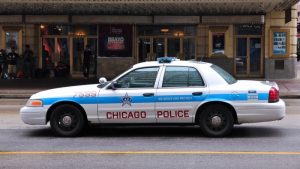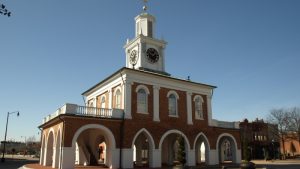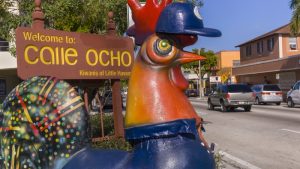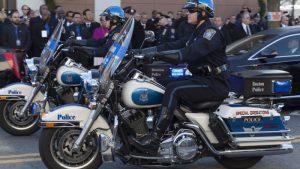After the deadliest year in more than 20 years, the Chicago Police Department released its 2017 initiatives to reduce violence. The initiative relies heavily on using technology, specifically data analytics, to better understand how law enforcement can best protect residents and visitors.
Fayetteville, N.C., is turning to an online app to monitor the performance of the city’s services and programs. TRACStat, a new publicly available application, will report key performance indicators, such as performance data, budget and financial data, and updates for strategic projects across the city. The new app is replacing semiannual printed reports or static documents posted on a website.
With a rise in public mistrust of police forces in cities across the country, many police departments have been refocusing their efforts on community policing to re-establish public trust.
On the same day as the first snow of the season, the city of Seattle announced its “Let It Snow!” hackathon. The city is hoping to tap technology users, designers, and developers for a community design workshop on how city officials communicate with the public during snow-related emergencies.
Calls for government transparency are increasing as citizens want to know exactly what information governments have and how governments are spending taxpayer money. Cincinnati has taken these calls to heart and has invested roughly six months and $55,000 into 15 new dashboards that help educate and inform citizens.
Renters in San Francisco will now be able to pick their own Internet service provider in all multi-unit buildings.
The Trust for Public Land is launching a platform called ParkServe that will contain urban park data from 13,931 cities and towns across the country, covering more than 80 percent of the population.
Civil rights advocates flooded a City Council hearing to protest the Boston Police Department’s plan to buy $1.4 million in social media monitoring software. Advocates questioned police promises to respect citizen privacy, as well as whether the technology can actually detect threats.
Bob Zangrillo, a Silicon Valley investor and CEO of Dragon Global, and Tony Cho, a Miami real estate developer and CEO of Metro 1, are hoping to turn Miami’s Little Haiti into Magic City, a 15-acre mixed-use development.
The Boston Police Department is taking to Facebook, Twitter, and Instagram to fight crime, which raises privacy concerns.













